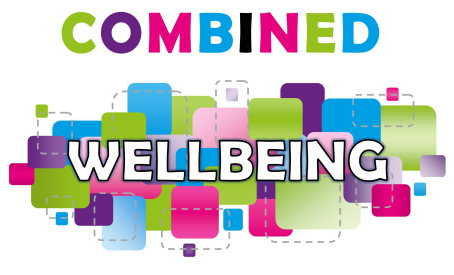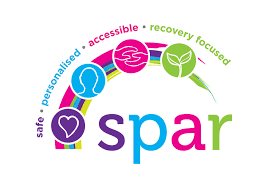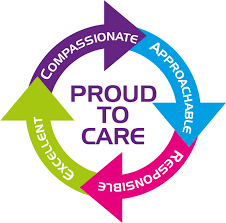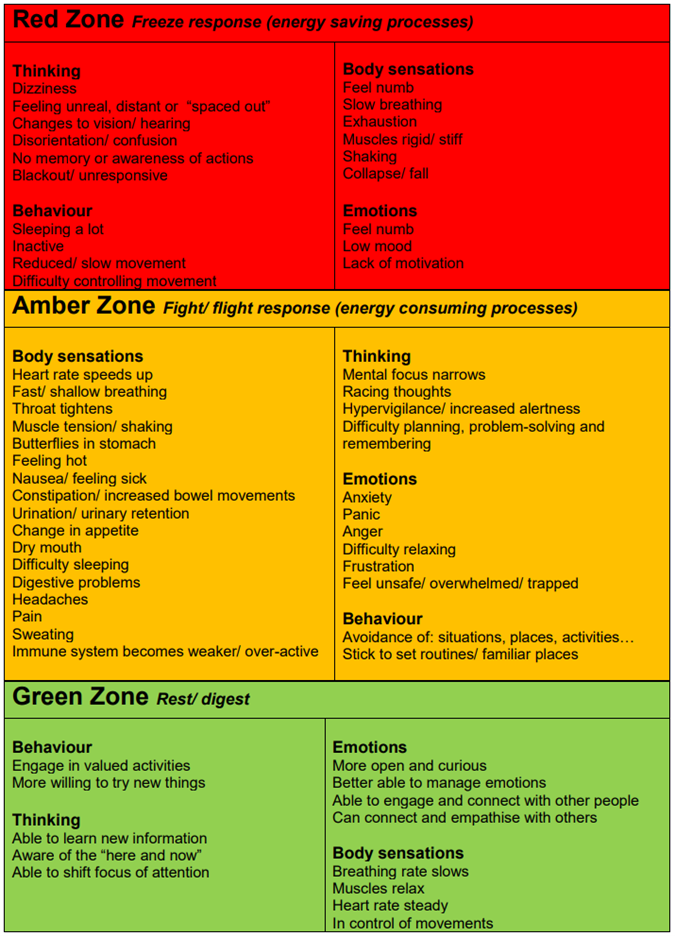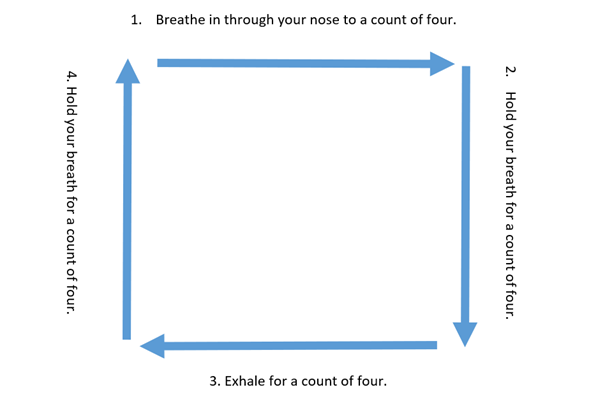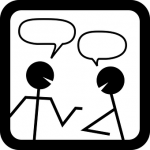Functional Neurological Disorder (FND)

Information
Here you’ll find answers to some common questions concerning Functional Neurological Disorder (FND)
Select the underlined questions below to see more.
FND is a condition which affects the functioning of the nervous system. People experience FND in different ways which include:
- Difficulty with movement.
- Unfamiliar or uncomfortable sensations in the body.
- Problems with memory and thinking skills.
FND often gets confused with other neurological conditions because symptoms can include limb weakness, shaking, seizures and memory problems which are similar to other neurological conditions.
FND is different because of the underlying process and therefore requires a different approach to treatment.
In FND the brain is not necessarily damaged but rather your brain and nervous system do not work together properly. This is because there is a problem with the signals between the brain and the body.
FND causes the functioning of the nervous system to change which does not appear on brain scans or nerve monitoring tests.
Neurological investigations help rule out other conditions which need different forms of treatment.
The cause of FND is not known. There are many factors that can contribute to FND and this can vary from person to person. These include:
- A history of illness
- Injury
- Fatigue
- Pain
- Everyday worries
- Emotion processing
- Stress
- Traumatic life events
An assessment is carried out by a neurologist, and their team, to confirm if you have FND.
Your test results are likely to come back normal because there is no damage to your brain. This does not mean however that the symptoms are not real. The symptoms are caused by a disruption in the functioning of the nervous system and body.
You will be offered treatment which will depend on which FND symptoms you are experiencing.
The aim is to improve how your nervous system functions. These include:
- Physiotherapy and occupational therapy – as they can often help if you have difficulty with movement.
- Speech therapy – this helps improve your communication skills and helps with any swallowing difficulties.
The information and strategies provided below are general guidelines and are not a substitute for professional support, mental health advice, diagnosis, or treatment.
It is essential to consult with a licensed professional and/or healthcare physician if you have any concerns about your ability to implement any of these strategies, especially if you have pre-existing mental health conditions, physical health conditions or concerns about your psychological well-being.
Individuals engaging in these psychology strategies should be aware of their own mental health status and emotional limitations. If at any point during the practice of these strategies, you experience increased distress, discomfort, or any adverse emotional effects, you should cease the activity immediately and seek professional assistance before proceeding.
The creators and providers of these strategies disclaim any responsibility for personal emotional distress or adverse outcomes resulting from the use of these strategies.
By voluntarily participating in these psychological exercises, users acknowledge and accept the inherent risks associated with exploring personal emotions and thoughts and release the content creators and providers from any liability related to the use of the provided information.
Remember, individual responses to psychological strategies may vary, and it is crucial to prioritise your mental health and well-being. If you have any doubts or concerns about your ability to engage in these activities, please consult with a mental health professional before proceeding.
This health disclaimer is subject to change without notice, and users are encouraged to review it periodically for updates.

Coping with
Here you will find self help tips
The following buttons are self-help suggestions

Finding help
What can you do?
- Talk to supportive family, friends.
- Talk to your GP
Select the underlined topics below to view what resources are available.

Getting more help
If you haven’t already found the help you’re looking for, you can find additional information and services which are more interactive here.
